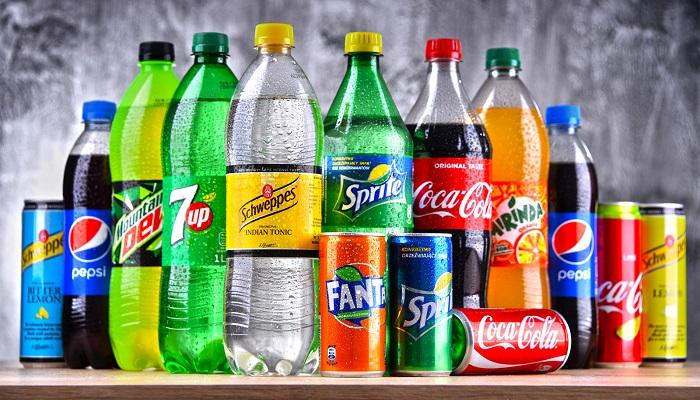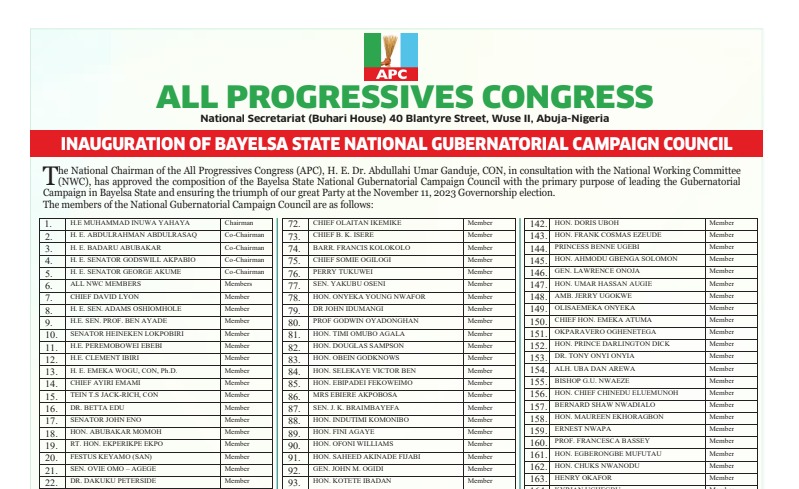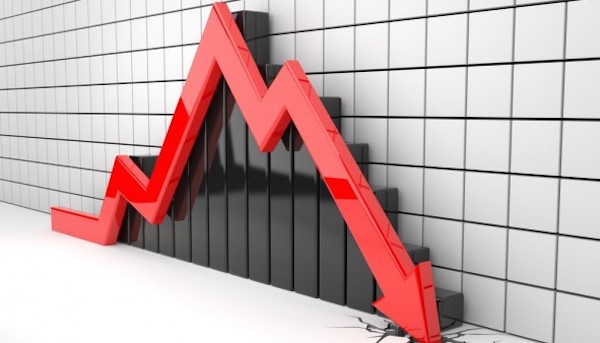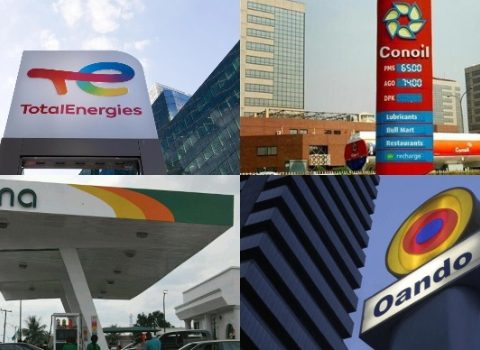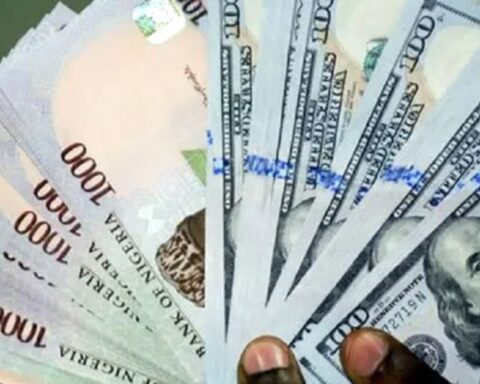The National Action on Sugar Reduction coalition, (NASR) has demanded an increase in tax for sugar-sweetened beverage by at least 20 per cent.
This followed a statement made by the Chairman of the Presidential Committee on Fiscal Policy and Tax Reforms, Taiwo Oyedele, claiming that the government has no plans to introduce new taxes or increase tax rates.
Join our WhatsApp ChannelNASR is a coalition of health organisations dedicated to advocating policy measures aimed at reducing the consumption of sugar-sweetened beverages, which are associated with non-communicable diseases such as type 2 diabetes, cancer, and hypertension.
The plea for a taxation increment for Sugar-Sweetened Beverage(SSB) was made during a meeting held by NASR in Abuja on Tuesday. In addition to advocating higher SSB taxes, NASR urged the government to draft an SSB tax bill that includes provisions for allocating tax revenue to healthcare and involving public health organisations in the fiscal policy reform process.
The SSB tax was once heard of in 2021, when the Federal Government of Nigeria introduced it through the Finance Act of 2021, which imposed a ₦10 tax per litre on all non-alcoholic and sugar-sweetened carbonated drinks.
READ ALSO: FG Implements N10 Tax On Soft Drinks, Others – How It Will Affect You
Dr. Mohammed Alkali, President of the Diabetes Association of Nigeria, lauded the government’s efforts to enhance revenue collection and the efficient use of tax revenue. He emphasised that SSB taxes, implemented in many countries globally, have proven to yield both health and economic benefits. Dr. Alkali suggested that increasing the SSB tax rate would be more effective in discouraging consumption and generating substantial revenue.
“The increased cost of the commodities is expected to discourage consumption, hence reducing the risk of NCDs and reducing complications. Nigeria’s N10 per litre SSB tax will make a deeper health impact if the rate is sufficiently increased to a level that will discourage purchase while generating significant revenue,” he said.
NASR emphasised the crucial role of pro-health tax policies in shaping health outcomes and called for collaboration between the Fiscal Policy and Tax Reforms Committee and public health organisations in formulating tax policies. The coalition highlighted the substantial revenue potential of SSB taxes, estimating that they could generate at least N300 billion if increased by at least 20% of the final retail price.
NASR expressed concerns about the vulnerability of the current SSB tax, enacted through the Finance Act, to interference and called for more efficient implementation through legislation. In response to the Fiscal Reforms Committee’s plans to avoid introducing new taxes or increasing tax rates, NASR argued for greater representation of public health interests, especially in taxes affecting health-related commodities. They proposed that revenue from pro-health taxes should be directed toward covering healthcare expenses for individuals with NCDs.


